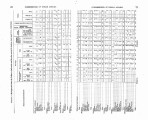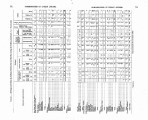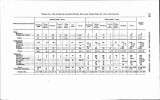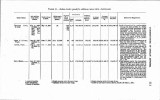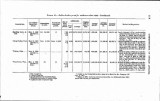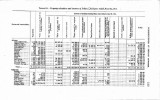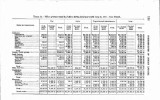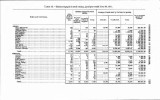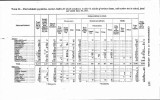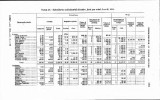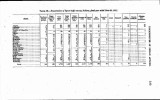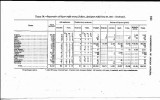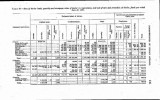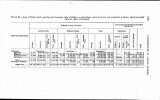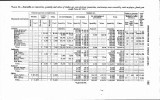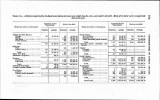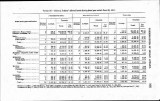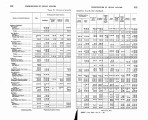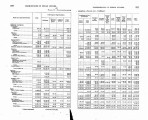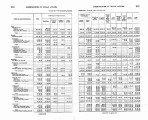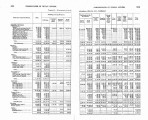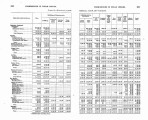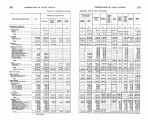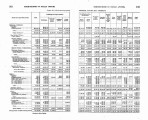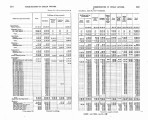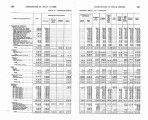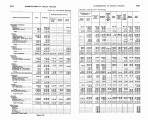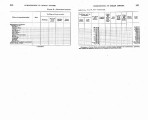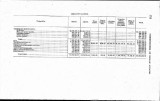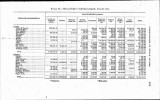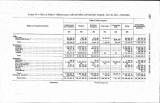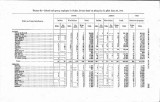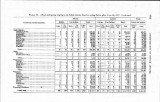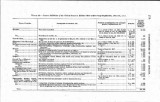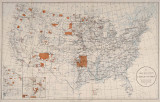| OCR Text |
Show 90 OOM~SSIONEB OW INDIAN AFFAIRS. As an essential step in this policy, the &ce last February called upon the superintendents to collect and transmit every claim against Indians for whose funds the o5ce might in any measure be held responsible. The o5oe has now received; examined, and classified over 180,000 claims, aggregating $1,695,000. It is found that there are about 2,500 creditors and 33,000 Indian debtors, the total indebt-edness of each debtor averaging abut $52. After a thorough inquiry into the merits of the claims against each Indian, the claims that deserve recognition will be stated on the record of this office as just, and where the debtor's funds permit, the office will do everything in its power to see that the Indians pay their just debts. As an example of the beneficial use of individual money, records show that between January 1 end June 30, 1911, expenditures were approved for Ponca Reservation, Okla., to the amount of $43,000. About $10,000 of this sum was spent for houses and b m s and their repairs, $14,000 for good grades of work horses, and $9,000 for wagons, buggies, implements, and hamess. During the same period the total expenditure approved for Standing Rock, N. Dak., was about $89,000, of which $32,000 were to go for houses, barns, and repairs, $12,000 for horses, and $8,000 for implements and minor improvements like fences and windmills. It is very obvious that a wise use of individual moneys quickens industrial development of the Indians. PATENTS IN FEE AND ALLOTMENTS. There is ordinarily so little legitimate reason for Indians alienating their lands, and the disposal of their farms so effectually thwarts the policy of the Government in developing self-support, that I am op-posed to granting patents in fee unless circumstances clearly show that a title in fee will be of undoubted advantage to the applicant. A substantial class under this exception to the general rule is com-prised, of course, of those who are making a living in other indus-tries, or are honestly trying to do so. Not all Indians can or should become farmers; it is, however, the best chanco of the majority. It is noticeable that industrious Indians who actually cultivate their lands seldom apply for patents in fee. Consequently, as the great majority of applicants belong to the class which inclines most toward shiftlessness, it is not surprising to find that in the past the greater number of successful applicants have made such haste to sell their land that they have got considerably less money than they would have received from sales through the superintendents. In a period of idle-ness they have squandered the entire proceeds, and in a short time have had neither land nor a substitute for any part of it, but in fact have been morally and industrially the worse for ever possessingland. I n the face of existing evidences of carelessness and incompek~cea ny |













































































